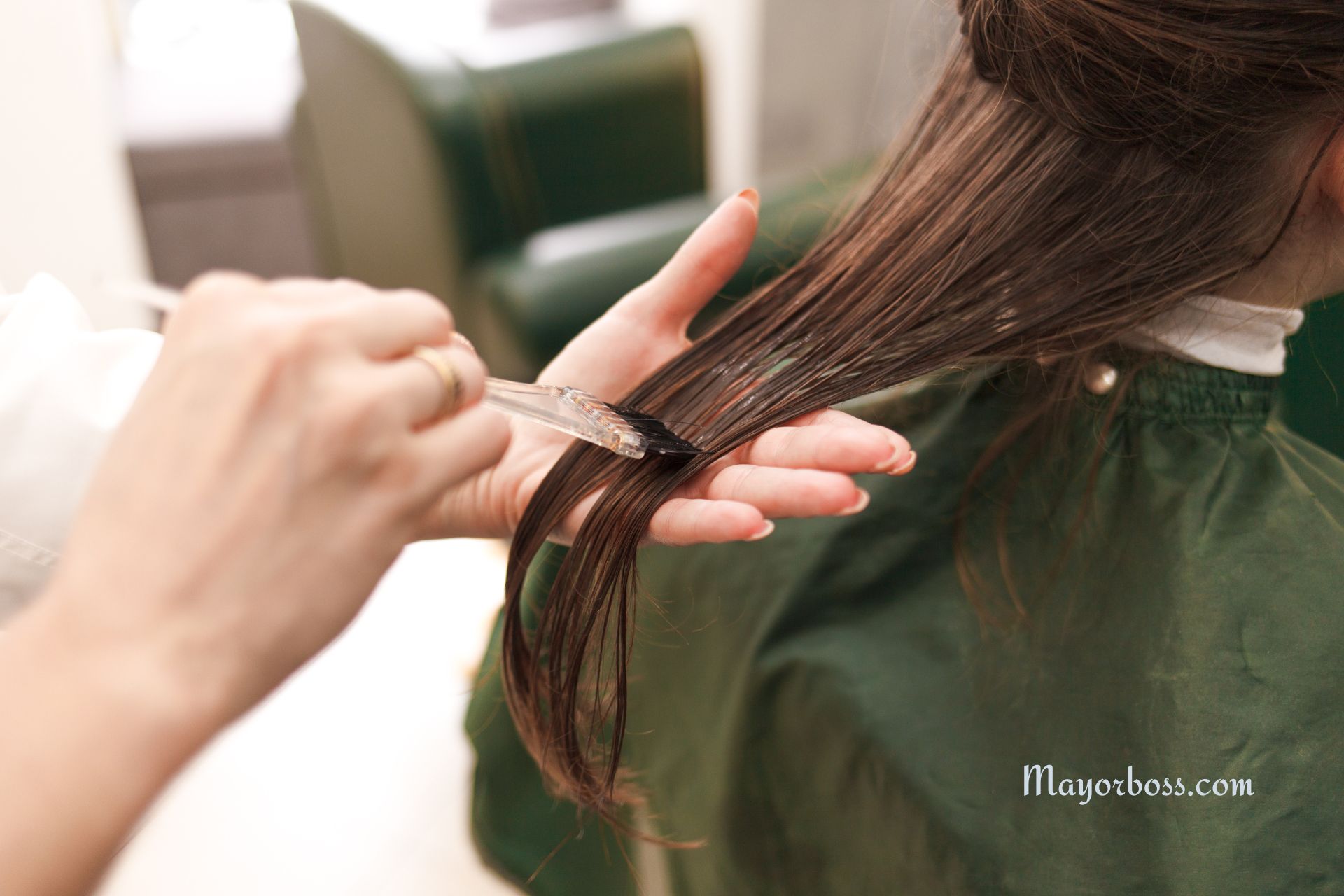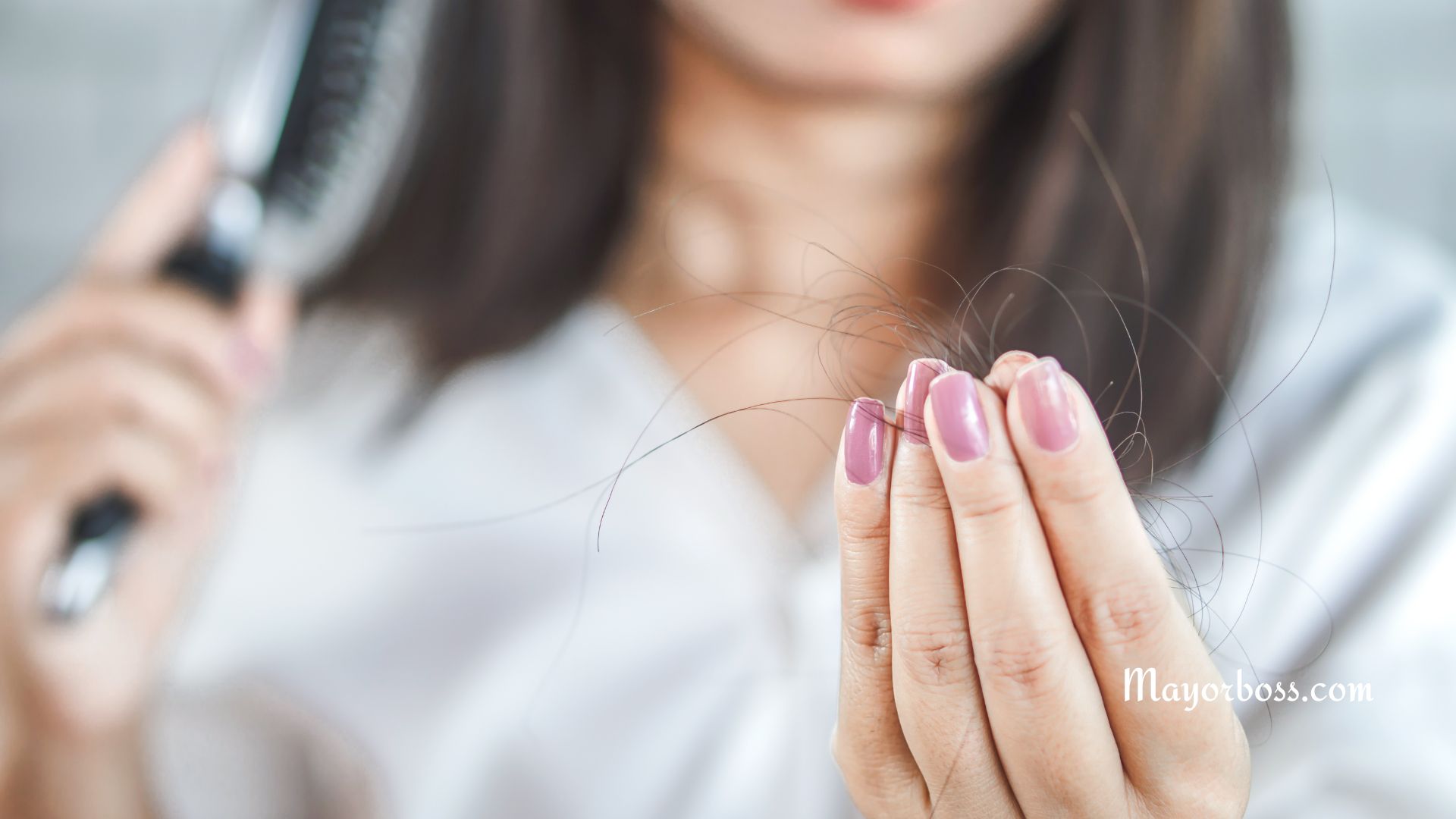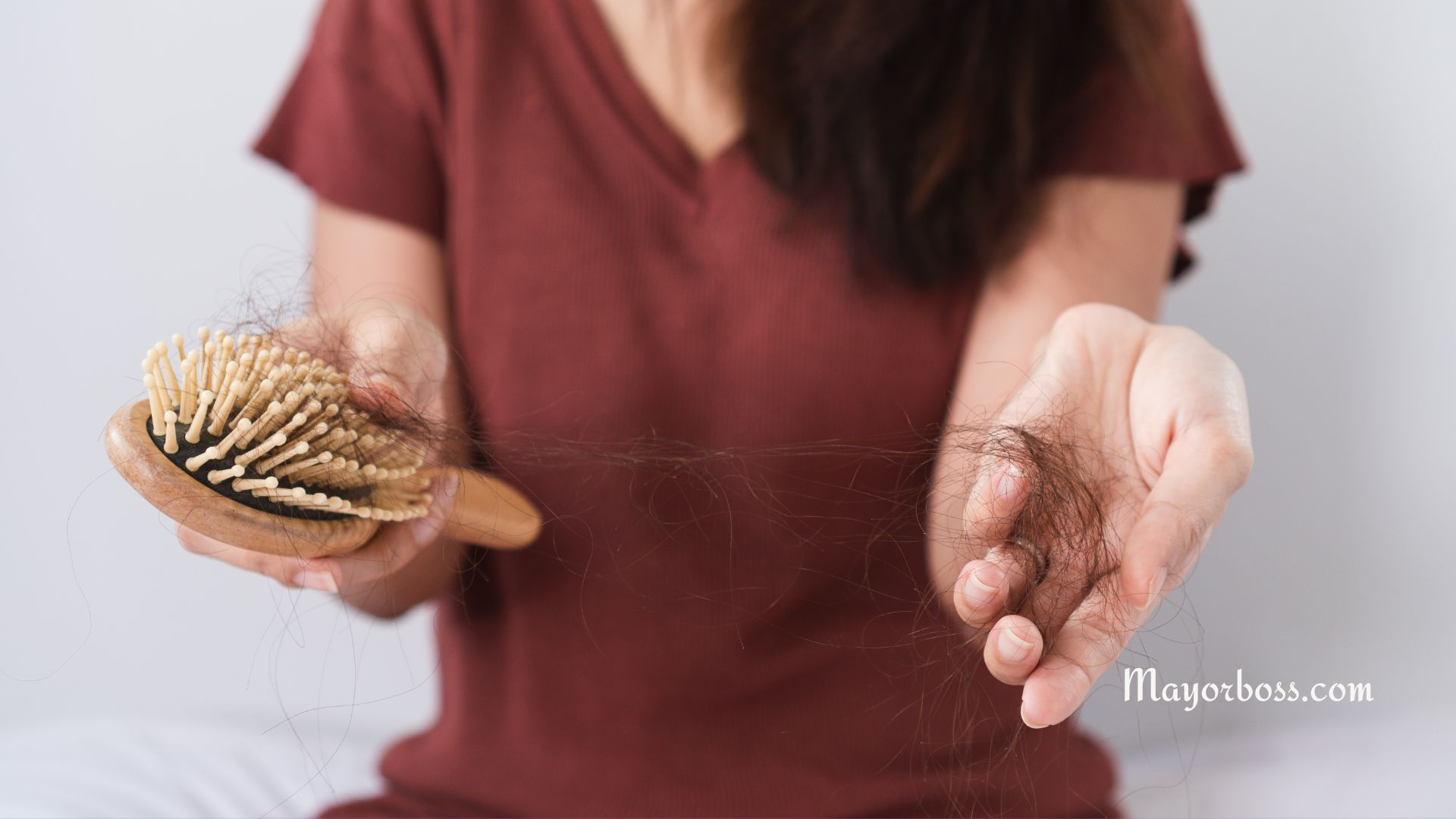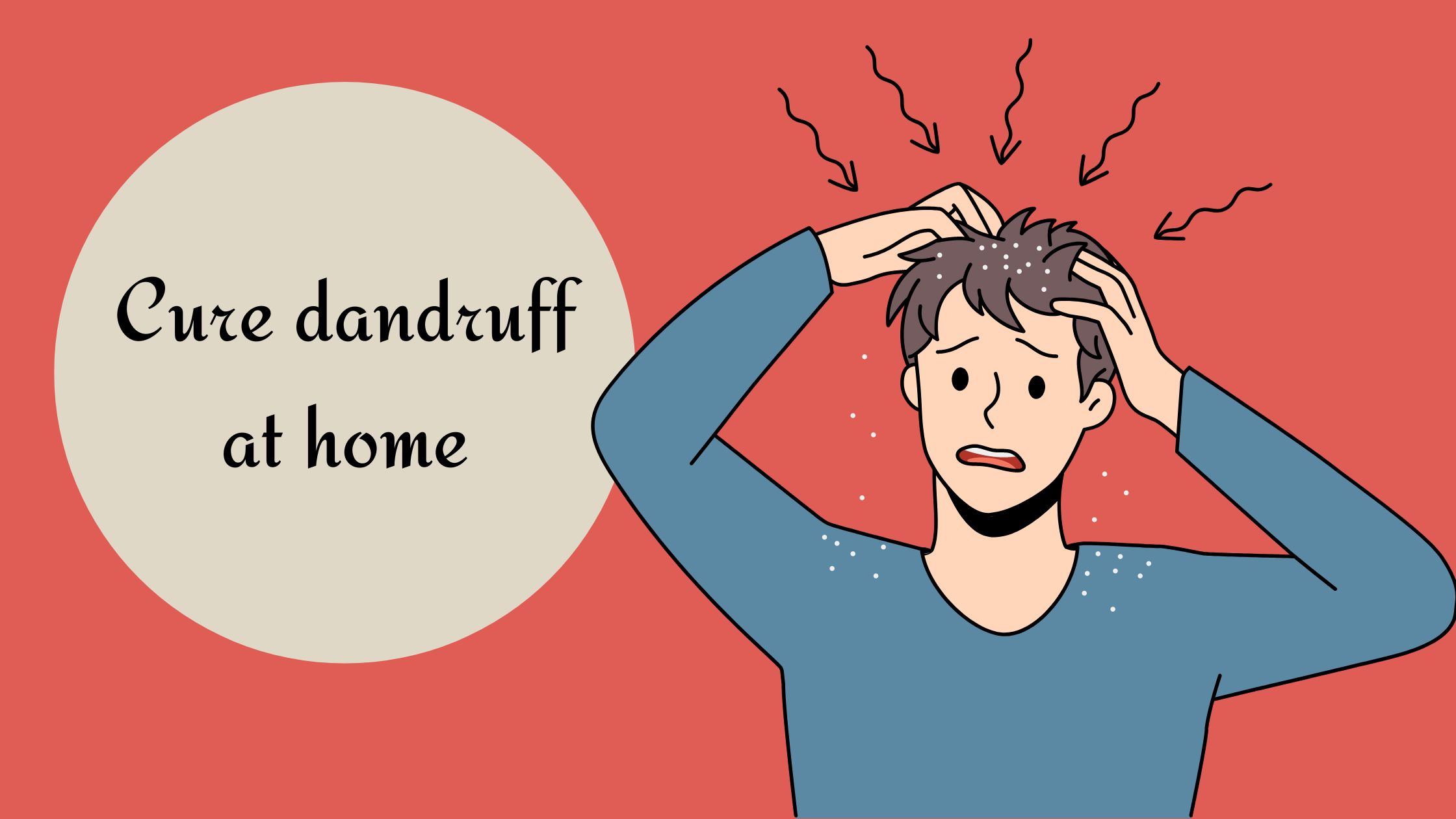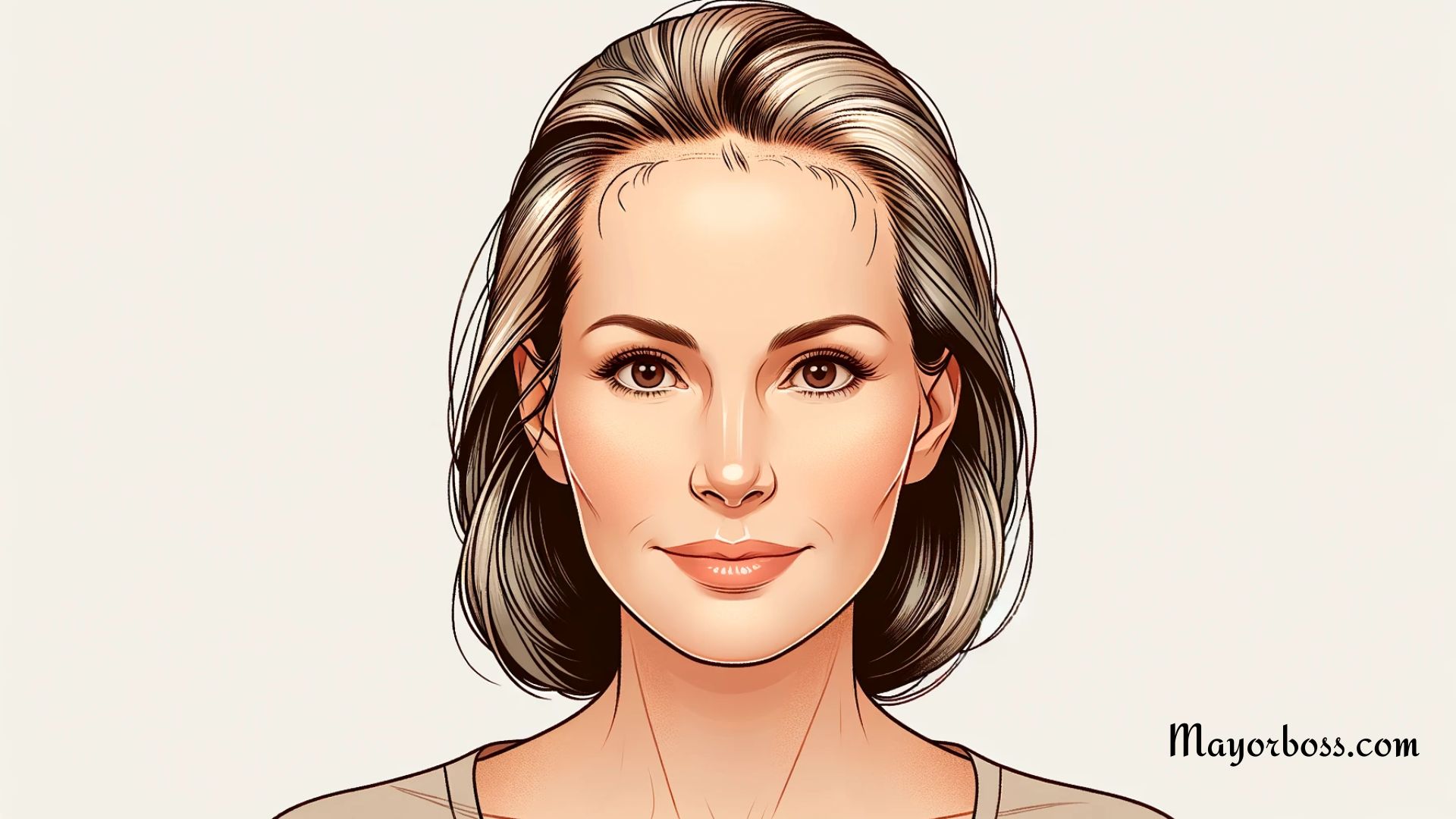5 Ways to Prevent Dandruff
Dandruff can be an embarrassing and frustrating condition. The constant itchiness and white flakes on your clothes can be distracting and can dent your confidence.
However, there are ways to prevent dandruff, allowing you to have healthy, flake-free hair. Here, we discuss five strategies to prevent dandruff effectively.
Keep Your Scalp Clean
To prevent dandruff, it’s essential to keep your scalp clean. Shampooing regularly removes excess oil and skin cells, reducing the risk of dandruff.
Importantly, choose a shampoo designed to combat dandruff, which typically contains ingredients like zinc pyrithione or selenium sulfide.
Eat a Balanced Diet
Your diet plays a significant role in your hair health. To prevent dandruff, consume foods rich in zinc, B vitamins, and omega-3 fatty acids.
For instance, foods like whole grains, lean proteins, oily fish, and fruits and vegetables can contribute to a healthier scalp.
Manage Stress
Although it might seem unrelated, stress can exacerbate dandruff. Stress impacts your overall health, including the health of your scalp.
Therefore, look for ways to handle your stress, such as taking care of yourself and practicing mindfulness or yoga, which can help prevent dandruff.
Limit the Use of Hair Styling Products
Surprisingly, excessive use of hair styling products can lead to a buildup on your scalp, causing dandruff. Therefore, limit your use of hair sprays, gels, and mousse, or opt for products that are scalp-friendly.
Spend Time in the Sun
Sun exposure is another method to prevent dandruff. Be sure to spend some time in the sun, but not too much, as sunburn can damage your scalp.
Wear a hat or use sunscreen specifically designed for the scalp if you’re going to be out in the sun for an extended period.
Final Thoughts
In essence, preventing dandruff involves maintaining a clean scalp, eating a balanced diet, managing stress, limiting hair product use, and getting moderate sun exposure. While these strategies can help to prevent dandruff, remember to consult with a healthcare professional or dermatologist if your dandruff persists or worsens.
Frequently Asked Questions
Getting rid of dandruff involves a combination of good hair care habits and the use of appropriate hair products.
Firstly, shampoo your hair regularly with a suitable anti-dandruff shampoo. Ingredients like zinc pyrithione, selenium sulfide, or ketoconazole are specifically designed to combat dandruff.
Furthermore, maintaining a balanced diet rich in zinc, B vitamins, and healthy fats can also help.
Lastly, limiting the use of hair styling products that can cause scalp buildup and hydrating your scalp with a good quality conditioner can also assist in getting rid of dandruff.
Dandruff can be the result of seborrheic dermatitis or oily skin, which is one of the most common causes. This condition creates yellow, oily flakes and might cause redness on the scalp.
Another cause is a fungus called Malassezia, which resides on most adult scalps and can cause dandruff in some people.
Furthermore, not brushing your hair enough can lead to a buildup of dead skin cells that can turn into dandruff. Other factors include dry skin, sensitivity to certain hair care products, and a poor diet.
Dandruff can be defined as a scalp condition characterized by flaking of the skin on your scalp. While a little flaking is normal as skin cells die and are replaced by new ones, in people with dandruff, this process is sped up.
The result is that dead skin is shed, leading to visible flakes in your hair and on your shoulders. It’s not contagious or serious, but it can be embarrassing and sometimes challenging to treat.
The frequency of hair washing can vary based on your hair type and lifestyle.
However, if you’re prone to dandruff, it’s generally recommended to shampoo your hair at least 2-3 times a week. This can help to remove excess oil and skin cells, preventing dandruff buildup.
Further Reading: How to Treat Dandruff Yourself

